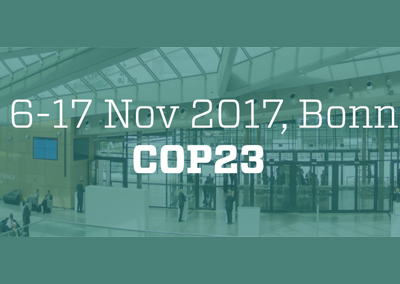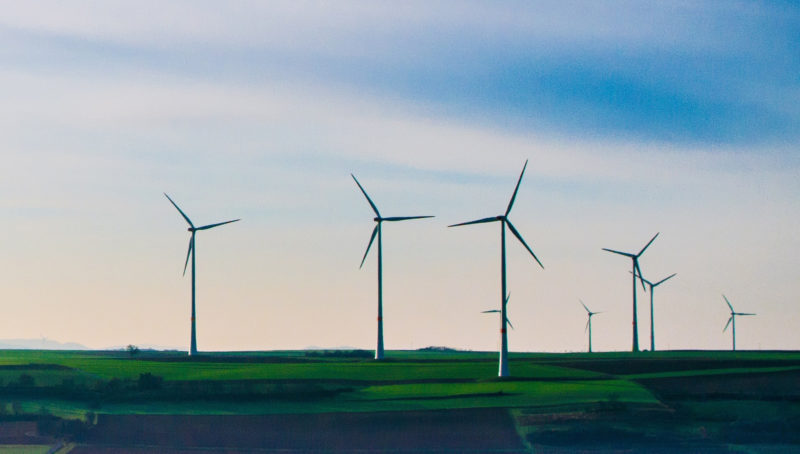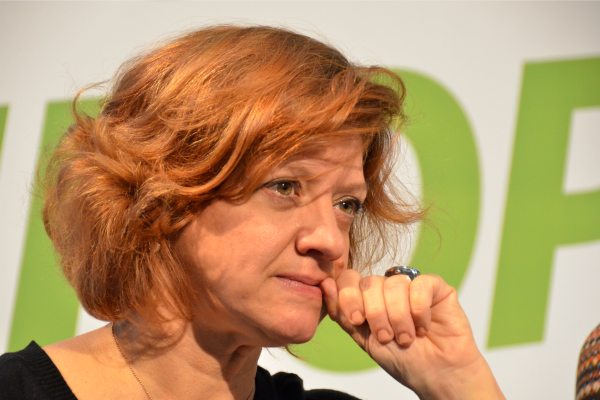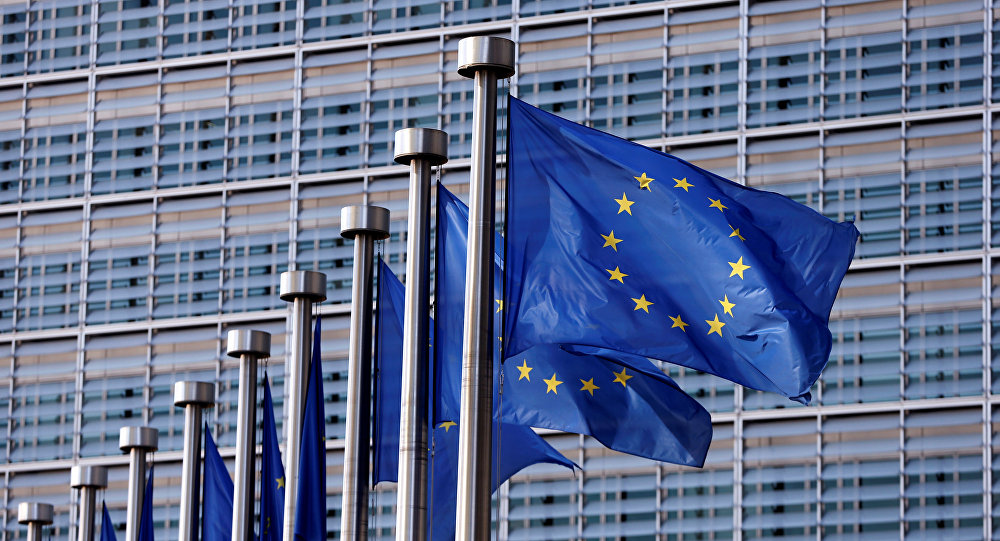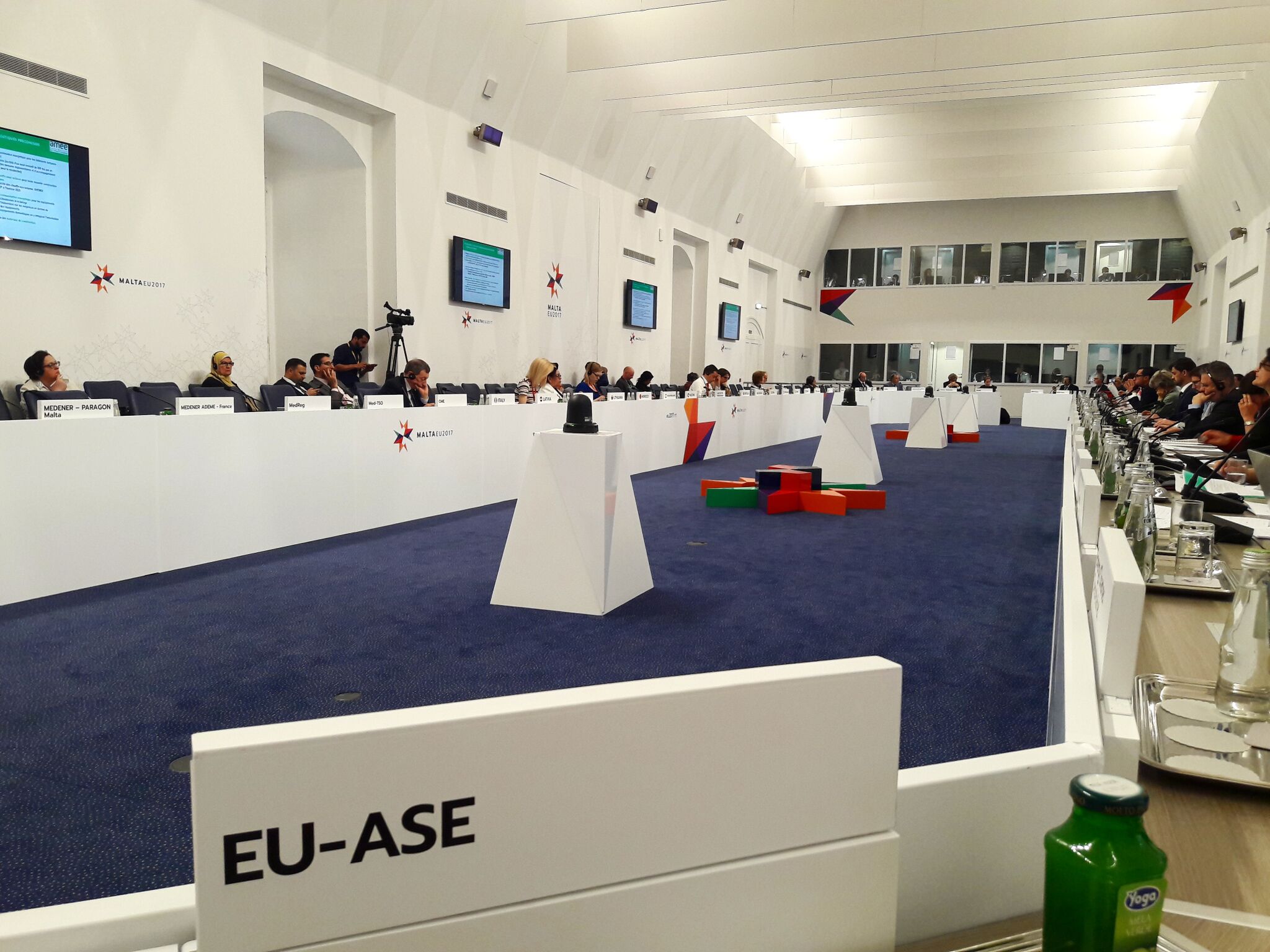Trasporti: presto proposta per ridurre le emissioni
Sul fronte del clima, Juncker ha anticipato una novità: “La Commissione presenterà una proposta di riduzione delle emissioni nel settore dei trasporti”.
Fra le iniziative da avviare o completare entro la fine del 2018, figurano:
- da un lato, il pacchetto Mobilità e cambiamenti climatici, contenente proposte legislative in materia di veicoli puliti, norme comuni per il trasporto combinato delle merci, standard per le emissioni di CO2 delle autovetture e dei furgoni, standard per l’efficienza dei carburanti e le emissioni di CO2 degli autocarri e degli autobus e un’iniziativa intesa ad accelerare la creazione delle infrastrutture per i carburanti alternativi;
- dall’altro, l’iniziativa l’Europa in movimento, per rendere il traffico più sicuro, incoraggiare l’adozione di sistemi di pedaggio più equi, ridurre le emissioni di CO2, l’inquinamento atmosferico e la congestione del traffico, ridurre gli oneri burocratici per le imprese, combattere il fenomeno del lavoro nero e garantire ai lavoratori condizioni e tempi di riposo adeguati.
Mobilità a basse emissioni
Fra le proposte già avanzate dalla Commissione in tale contesto, la comunicazione risalente a luglio dello scorso anno per una mobilità a basse emissioni, che intende tradurre in pratica l’obiettivo di ridurre le emissioni di gas a effetto serraprovenienti dai trasporti di almeno il 60% rispetto al 1990 entro il 2050.
In particolare, la strategia fa riferimento a tre ambiti di intervento:
- miglioramento dell’efficienza del sistema di trasporto;
- energia alternative a basse emissioni;
- veicoli a basse o zero emissioni.
Cuore pulsante dell’iniziativa, la mobilità elettrica: obiettivo finale di Palazzo Berlaymont è rendere possibile l’attraversamento dell’intero continente con un veicolo elettrico. Ciò richiede la diffusione capillare sull’intero territorio europeo delle necessarie infrastrutture di ricarica e manutenzione.
L’UE sostiene la realizzazione di quest’infrastruttura sia finanziariamente, sia attraverso le piattaforme dei portatori d’interesse, come il forum per i trasporti sostenibili. Sono in corso progetti – quasi un centinaio – che studiano l’interesse economico e testano la fattibilità con prove in condizioni reali: collettivamente comportano oltre 1 miliardo di euro di investimenti pubblici e privati e quasi 600 milioni di euro di sostegno finanziario dell’UE.
Malgrado gli sforzi di Bruxelles, l’Europa viaggia ancora a due velocità quando si tratta di auto elettriche. Basti confrontare i casi italiano e norvegese: mentre nel Belpaese nel 2016 le immatricolazioni di auto elettriche in Italia non hanno superato lo 0,1% del totale, in Norvegia i veicoli elettrici nel 2016 hanno rappresentato il 40,2% delle nuove immatricolazioni, e dal 2025 le uniche auto che potranno essere immatricolate saranno senza motore endotermico.
L’Europa in movimento
Alla comunicazione “Mobilità a basse emissioni” si aggiunge la più recente iniziativa “L’Europa in movimento”, presentata a fine maggio di quest’anno per rendere il traffico più sicuro, incoraggiare l’adozione di sistemi di pedaggio più equi, ridurre le emissioni di CO2, l’inquinamento atmosferico e la congestione del traffico, ridurre gli oneri burocratici per le imprese, combattere il fenomeno del lavoro nero e garantire ai lavoratori condizioni e tempi di riposo adeguati.
Si tratta di una strategia che, attraverso una legislazione mirata e misure di sostegno comprendenti investimenti nelle infrastrutture, nella ricerca e nell’innovazione, intende giungere entro il 2025 ad una mobilità intelligente, socialmente equa e competitiva.
La strategia presentata da Palazzo Berlaymont consiste in una comunicazione che delinea un piano di lungo termine per la mobilità sostenibile. A questa si aggiungono una serie di proposte legislative volte a migliorare il funzionamento del trasporto su strada, le condizioni di lavoro e sociali dei lavoratori del settore, e alcuni documenti in cui vengono presentate una serie di politiche Ue destinate ad accelerare il passaggio a un sistema di mobilità sostenibile, digitale e integrato.
Questa prima serie di proposte sarà integrata entro maggio 2018 da altre proposte, fra cui quelle relative alle norme sulle emissioni successive al 2020 per autovetture e furgoni, oltre alle prime norme riguardanti le emissioni dei veicoli pesanti, che fanno seguito alla proposta concernente il monitoraggio e la trasmissione di informazioni in tema di emissioni di CO2 e consumo di carburante dei veicoli pesanti.
Unione dell’energia: verso il completamento
“Mentre guardiamo al futuro, non possiamo perdere la rotta stabilita”, ha dichiarato Juncker in plenaria. E nell’elencare le politiche prioritarie il presidente dell’Esecutivo ha messo al primo posto proprio il completamento dell’Unione dell’energia.
Anche in questo caso la prospettiva temporale è la fine del 2018. Entro questa data la Commissione intende accelerare l’approvazione del pacchetto Energia pulita per tutti gli europei e dare seguito all’aspetto solidale dell’Energy Union. Ma, soprattutto nel primo caso, la volontà della Commissione dovrà vedersela con la resistenza degli Stati membri.
Energia pulita per tutti gli europei: un dossier controverso
A fine novembre 2016 il commissario Ue per il Clima e l’energia Miguel Arias Canete ha presentato un pacchetto da oltre mille pagine, che si pone tre obiettivi principali: privilegiare l’efficienza energetica, conquistare la leadership a livello mondiale nelle energie rinnovabili e garantire condizioni eque ai consumatori.
Maxi-pacchetto apprezzato nelle intenzioni ma criticato da più parti nell’approccio.
Gli ambientalisti, ad esempio, hanno tacciato la Commissione di mancanza di coraggio: all’indomani della presentazione il vicepresidente di LegambienteEdoardo Zanchini ha sostenuto che le proposte avanzate “non consentono all’Europa di accelerare la transizione verso un sistema energetico libero da fossili entro il 2050”.
Anche la European Alliance to Save Energy (EU-ASE), associazione europea multisettoriale che riunisce alcune rilevanti imprese multinazionali negli Stati membri, pur apprezzando la proposta l’aveva definita non “all’altezza di liberare in pieno il potenziale dell’efficienza energetica e dei relativi vantaggi per i consumatori” .
Il Parlamento europeo ha chiesto più ambizione, in particolare per quanto riguarda la revisione della direttiva efficienza energetica, contenuta nel pacchetto: la commissione Ambiente del PE ha di recente proposto di innalzare il target di efficienza energetica, portandolo dal 30% al 40% per il 2030 e di eliminare una serie di scappatoie.
Ma la resistenza maggiore ad innalzare i target di efficienza energetica non si trova nelle aule del Parlamento europeo, quanto ai tavoli del Consiglio, che già a giugno aveva raggiunto un accordo sull’approccio generale alla direttiva che già indeboliva la proposta iniziale della Commissione europea: i ministri avevano infatti proposto di rendere non vincolante l’obiettivo del 30% di efficienza energetica.
Unione dell’energia e solidarietà: no a Nord Stream 2
Nella lettera d’intenti inviata ai presidenti di Parlamento e Consiglio, Juncker si è soffermato quindi sul dare seguito, sempre entro la fine del prossimo anno, all’aspetto della solidarietà dell’Unione dell’energia, comprendente una proposta di norme comuni per i gasdotti che accedono al mercato interno europeo del gas.
Proposta che ha già ottenuto il via libera della plenaria, proprio nel corso della tornata che ha ospitato Juncker e il suo State of the Union, e che ora attende il via libera del Consiglio.
C’è poi un altro capitolo da chiudere entro la fine del 2018, quello dei progetti d’interesse comune necessari a collegare i mercati europei dell’energia.
I PIC sono quei progetti che hanno effetti positivi su almeno due Stati Membri, contribuendo all’integrazione del mercati dell’energia e ad una maggiore concorrenza nel perimetro dell’Unione. Tra questi, la Commissione europea sostiene il progetto di gasdotto East-Med, che collegherà il Mediterraneo orientale all’Europa.
Progetto che in un certo senso scalza un altro grande gasdotto, Nord Stream 2 – che permetterebbe il flusso di gas russo alla Germania passando attraverso il Mar Baltico – oggetto di numerose critiche. Intervenendo in plenaria, Canete ha ribadito la posizione della Commissione: “Il nostro orientamento – ha detto – è per la diversificazione delle fonti”, quindi la Commissione sosterrà “gasdotti utili per la sicurezza”, a differenza di Nord Stream 2 “che non sarà mai un progetto di interesse comune perché non fa aumentare la sicurezza delle forniture” e potrebbe creare “una posizione eventualmente dominante sul mercato”.
Canete ha quindi ricordato che la Commissione ha chiesto mandato al Consiglio per negoziare con la Federazione Russa: “Bruxelles vuole concordare alcuni principi fondamentali che intende applicare al funzionamento del gasdotto”.
Il futuro di Euratom
Fra le iniziative da avviare in prospettiva del 2025, ha sottolineato Juncker, una comunicazione sul futuro delle politiche dell’UE per l’energia e il clima, che contempli anche il futuro del trattato Euratom, la Comunità europea dell’energia atomica.
Frassoni (Verdi europei): da Juncker nessun piano d’azione concreto sul clima
“Oltre ai toni rassicuranti, il presidente Juncker non è riuscito a trasmettere l’idea di un piano d’azione concreto” per “affrontare disoccupazione e disuguaglianze”. Così Monica Frassoni, co-presidente del partito dei Verdi europei, ha commentato il discorso sullo Stato dell’Unione.
“L’approccio alla politica industriale è convenzionale e sembra ignorare il potenziale che deriva dal mettere insieme innovazione e lotta contro il cambiamento climatico, indipendenza dai fossili e crescita verde”. “Condividiamo l’ambizione del presidente Juncker di rendere l’Unione europea capace di mantenere le proprie promesse”, conclude Frassoni, “ma per raggiungere questo obiettivo sono necessarie alcune importanti modifiche nelle priorità e nell’approccio”.
Source: www.fasi.biz
